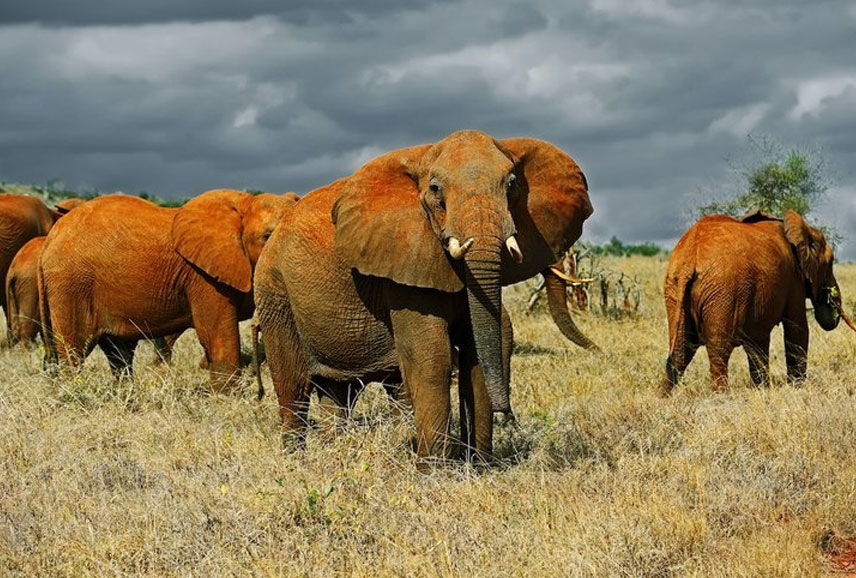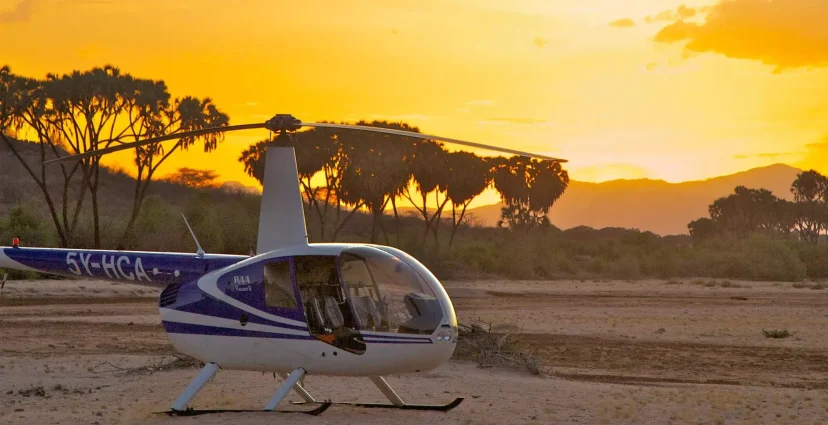Recommended Reasons On Choosing Kenya Tours And Safaris Wasini Watamu
Recommended Reasons On Choosing Kenya Tours And Safaris Wasini Watamu
Blog Article
What Precautions For Health Should I Know Before Visiting Mombasa Kenya?
It is crucial to be aware of your health when you visit Mombasa in Kenya. This will ensure you enjoy your trip and stay protected. Here are some precautions to take.
1. Vaccinations
Routine Vaccinations: Ensure that you are up-to-date on routine vaccines such as measles-mumps-rubella (MMR), diphtheria-tetanus-pertussis, varicella (chickenpox), polio, and your yearly flu shot.
Hepatitis A. Recommended for travelers who may consume food or drinks that contain contaminants.
Hepatitis B It is advised to travelers who may be exposed to blood or bodily fluids (e.g. via sexual contact, medical treatment, or through drug use).
Typhoid is important for anyone who stays with friends or family members visit smaller cities or rural areas or eats adventurously.
Yellow Fever Travelers who are coming from countries where there is the possibility of transmitting yellow fever may need to show a vaccination certificate. Make sure you are aware of the most recent regulations.
Rabies: A consideration for those who participate with outdoor activities that place them at risk of bites, like hiking, camping, or caving.
2. Malaria Prevention
Antimalarial Medication: Mombasa is a malaria-endemic region. Consult your healthcare provider for the best antimalarial treatment for you.
Beware of Mosquito Bites: Apply insect repellents with DEET, dress in long-sleeved clothes and long pants, particularly in the evenings and nights, and sleep under the mosquito net, if you're there is no air conditioning or well-screened room.
3. Food and Water Safety
Do not drink tap water or ice cubes. Avoid tap water, ice cubes and drinks that are not sealed.
Food that is cooked well is the best method to remain secure. Avoid raw or undercooked meats, seafood, and raw fruits and vegetables that have not been washed. Avoid street food. Instead, choose restaurants with a good reputation.
4. Diarrhea in Travelers
Preventive measures: Maintain good hand hygiene by washing hands frequently using water and soap or by applying hand sanitizer. Avoid drinking and eating drinks that are questioned.
Bring medications along for example, Imodium (loperamide) and oral salts to rehydrate. Consult your physician to determine whether antibiotics are required for serious instances.
5. Sun Protection
Sunscreen Apply sunscreen with an SPF at least 30. Apply sunscreen frequently, particularly after sweating and swimming.
Wearing protective clothing is important. Caps, sunglasses, and light, long-sleeved clothing are all great alternatives to reduce exposure to sun.
6. Heating and Hydration
Avoid dehydration by drinking plenty of fluids. Avoid excessive alcohol and caffeine as they can lead to dehydration.
Avoid overexertion. Rest and stop during times when the sun is at its most intense. Beware of heat stroke and heat exhaustion by seeking shade and cool areas.
7. Security in Water Activities
Swim in Designated Areas: Pay attention to local advice regarding swimming conditions and potential hazards like strong currents.
Marine Life Awareness - Be aware of and beware of marine life that is harmful, such as Sea Urchins and jellyfish. Wear water shoes if are walking in shallow areas.
8. Medical Care and Insurance
Travel Insurance: Make sure to get an insurance policy that is comprehensive and covers evacuation in case of medical emergency.
Local Medical Facilities: Familiarize yourself with the location and reputation of local medical facilities. The most reputable hotels usually provide you with information on doctors as well as nearby hospitals.
You'll need to bring your medication, including prescriptions in the form of copies.
9. Contacts for Emergencies
You can find the details of your country's embassy in Kenya by contacting them.
Local Emergency Numbers: Get familiar with the local emergency numbers, including police (999) and fire (999) and ambulance (999).
Follow these steps and you'll be enjoying your Mombasa vacation. Follow the most popular kenya day tours for blog examples including tour company, africa tours, tours safari africa, safaris beach, tour company, mombasa tour packages, kenya safari and beach packages, safar kenya, kenya safari holiday packages, safari tour and more.
What Cultural Sensitivity Issues Do I Need To Know When I Am Traveling To Mombasa, Kenya?
If you are planning to visit Mombasa, Kenya, being mindful of your culture is crucial for ensuring respectful interactions with local people as well as to enhance your experience on the road. Consider these key factors:
1. Dress according to local dress codes
Mombasa is home to a large Muslim community. It is important to dress modestly in public areas, at the mosque or even your neighborhood. This includes wearing knee pads and shoulders.
Beachwear - Swimwear can be worn on the beaches, but you should cover up when visiting restaurants or shops nearby.
2. Religious Sensitivity
Visiting Mosques. Request permission to enter a mosque prior to and dress in a conservative manner. Women should cover up their heads, and everyone must remove their shoes prior to entering.
Prayer Times - Be aware of five times of prayer each day. Make sure you are considerate during these times, particularly when a nearby mosque is involved.
3. Photography Etiquette
Permission is required prior to taking photos, particularly in rural areas and traditional settings. Certain people might be uneasy or think it's intrusive.
Restricted Areas: Avoid taking photos of sensitive locations like military installations, government buildings and certain cultural sites where photography is prohibited.
4. Social Interactions
It is important to greet people courteously. In Swahili the most common greeting is "Jambo". Handshakes are common however it is more respectful for Muslim women to wait until their hand is extended or just greet verbally.
Your Space - Be respectful of your own space and do not touch anyone, particularly if you are in a more conservative environment.
5. Cultural Norms & Taboos
Shows of affection in public: Avoid publicly displayed displays of affection because they are frowned upon.
Left Hand Usage: In general, the left hand is thought to be to be unclean. Use your right hands for eating and greeting people, and also for exchanging goods and cash.
Footage: A disrespectful act is pointing or showing the soles of one's feet.
6. Language and Communication
Basic Swahili. Learning some Swahili phrases and words will help you to build relationships with locals. Common phrases include "Asante" (Thank for your time) and "Habari" (How do you feel? ).
Politeness: Use patience and politeness in your communication. Kenyans are polite and respectful when they interact with others.
7. Respect Local Customs
Respect the customs and ceremonies of the past. Follow the instructions of your hosts at any event you attend.
Bargaining can be commonplace at markets and at local stores. Just remember to do it in a respectful manner and with an attitude of humor. It's not a confrontational practice and is more of a cultural one.
8. Alcohol and Smoking
Alcohol is available for consumption however it should be done so in a discrete manner. Avoid public drunkenness.
Smoking generally isn't allowed in public areas. Smoking areas are typically marked.
9. Environmental Respect
The act of littering is a serious crime. Respect natural sites and wildlife.
Conservation: Pay attention to local wildlife, habitats and conservation efforts. Avoid buying products that come from endangered species.
10. Helping Local Communities
Local Businesses: Help local businesses, artisans and markets to contribute positively to the local economy.
Responsible Tourism - Choose sustainable options and local tourism to help local communities.
You can enhance your appreciation of your local culture by observing these guidelines to be sensitive to culture. Take a look at the recommended transfer to Diani for blog tips including kenya safari beach, kenya safari and beach, holiday packages mombasa, safari company kenya, kenya safari and beach packages, kenya tours and travel, safari trips in africa, mombasa safari, safari a nairobi, kenya safari holiday packages and more.
What Financial Planning Considerations Must I Know Before A Vacation In Mombasa Kenya?
A well-planned financial trip to Mombasa in Kenya is a relaxing and easy experience. Consider these financial factors:
1. Budgeting
Accommodation: Do your research and book your accommodation in advance. Prices can differ greatly based on the kind of accommodation available and the location.
Include costs for transportation such as taxis, flights and matatus (local transportation), and car rentals.
Food and dining Food and Dining: Budget for meals, including eating out, and snack items. Prices can range from budget-friendly local eateries to high-end dining establishments.
Make plans for tours and activities. This includes admission fees for attractions and guided tours as in addition to activities such as safaris, water sports, cultural tours and much more.
2. Exchange Rates and Currency
Kenyan Shillings are the currency of Kenya. Know the exchange rate currently in use.
Currency Exchange: You can exchange money in reputable banks, currency exchange bureaus, exchange, or at your hotel. Do not exchange currency on the street.
ATMs: Mombasa has many ATMs. Be sure your card is able to handle international withdrawals.
3. Payment Methods
Cash: Carry some cash for small purchases, tips and for places that do not accept credit cards.
Major credit cards are accepted in hotels, restaurants and larger stores. Notify your bank that you're planning to travel so that your card will not be blocked.
Mobile Payments: Mpesa is a well-known mobile payment method in Kenya. It's useful for transactions if you're planning to use a local SIM card.
4. How to save money
Traveling off-season or during the shoulder season, also known as low-season (April to June, and October to November) can save money on airfare and lodging.
Make a reservation in advance: Get better prices on accommodation, flights and tours by making reservations early enough in advance.
Local eateries: Go to local restaurants and food stalls for an authentic and affordable experience.
5. Tipping
Tipping is widespread in Kenya. In restaurants, it is common to give 10% if there's no service offered. Tipping hotel staff is up to your own discretion.
You can tip small amounts of local currency. Porters are to be paid KES 50 to 100 per bag, and housekeepers KES $100 per day.
6. Emergency Funds
Reserve funds : Make sure to have an emergency fund on hand, and that you are able to access funds using a credit card or debit card in the event of a need.
Travel Insurance - Get an insurance policy that is comprehensive and covers cancellations, medical emergencies and theft.
7. The Security of Your Own Home
Safeguard valuables: Store spare cash, passports, and other valuables using the hotel's safe. Be careful when using ATMs, particularly during the night.
Avoid carrying large sums of money Don't carry huge amounts of cash in your bag. Divide your credit cash and credit cards into a wallet and a place which is secure.
8. Local Transactions
Local markets are a popular spot to trade. With courtesy and humor, try to reach for a fair and reasonable cost.
Receipts: Save receipts for large purchases. Budget tracking and disputes could profit from this.
9. Understanding Fees
Ask your bank for details about international withdrawal charges. Certain ATMs may charge you a fee when you withdraw money from a foreign bank account.
Currency Conversion Fees Be aware of any charges your bank might charge for currency conversion when using your debit or credit card in another country.
If you take into consideration these financial planning considerations to manage your costs effectively and enjoy a worry-free holiday in Mombasa. Have a look at the best mombasa old town for site recommendations including kenya tourism, kenya travel packages, tour and travel company, african safari africa, safaris beach, kenya safari tours, african safari tours kenya, trips to kenya safari, mombasa tour companies, kenya safari beach and more.